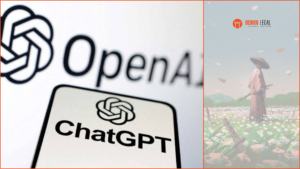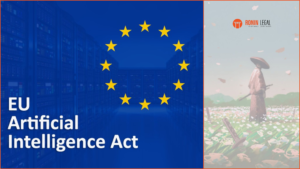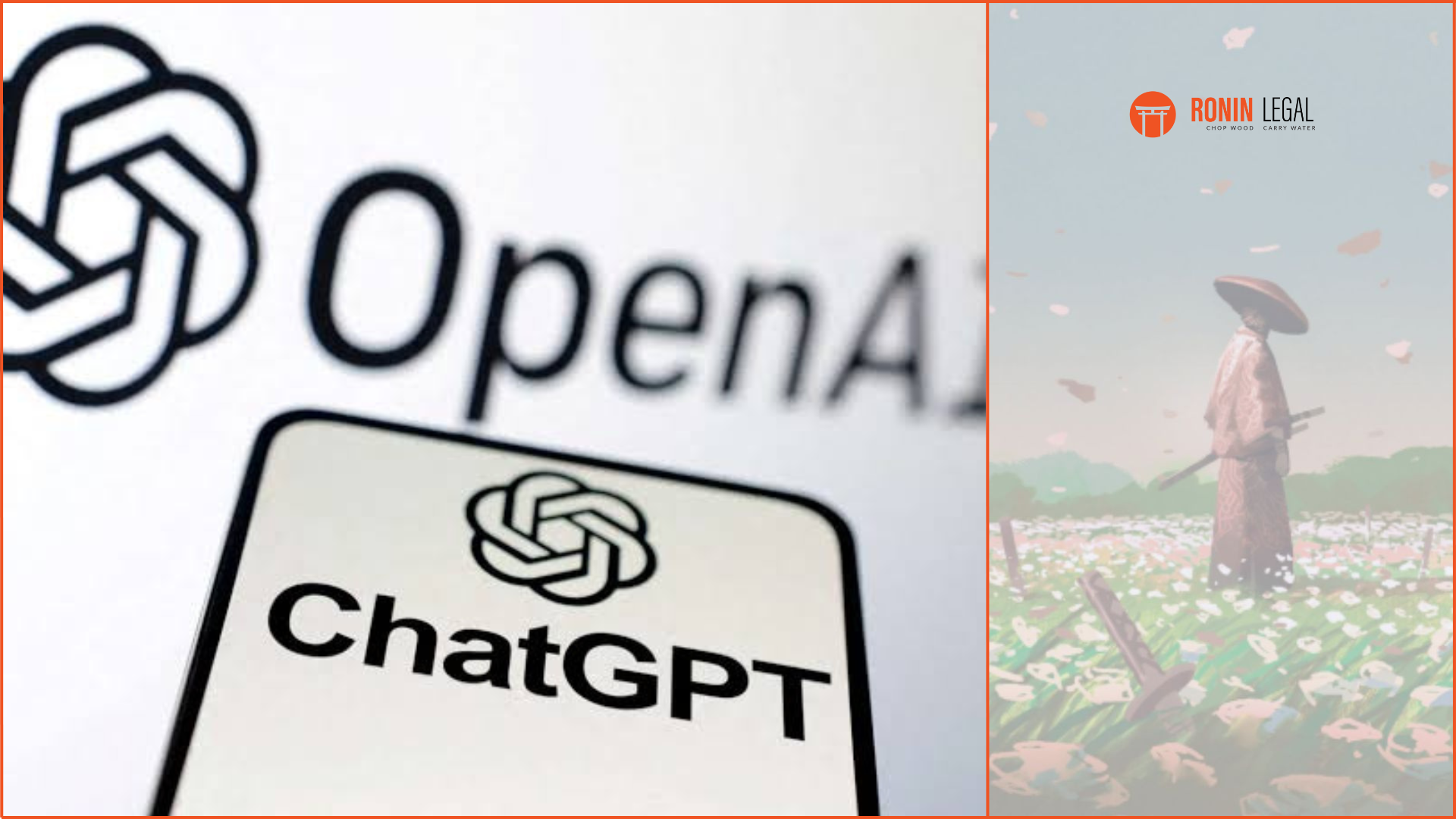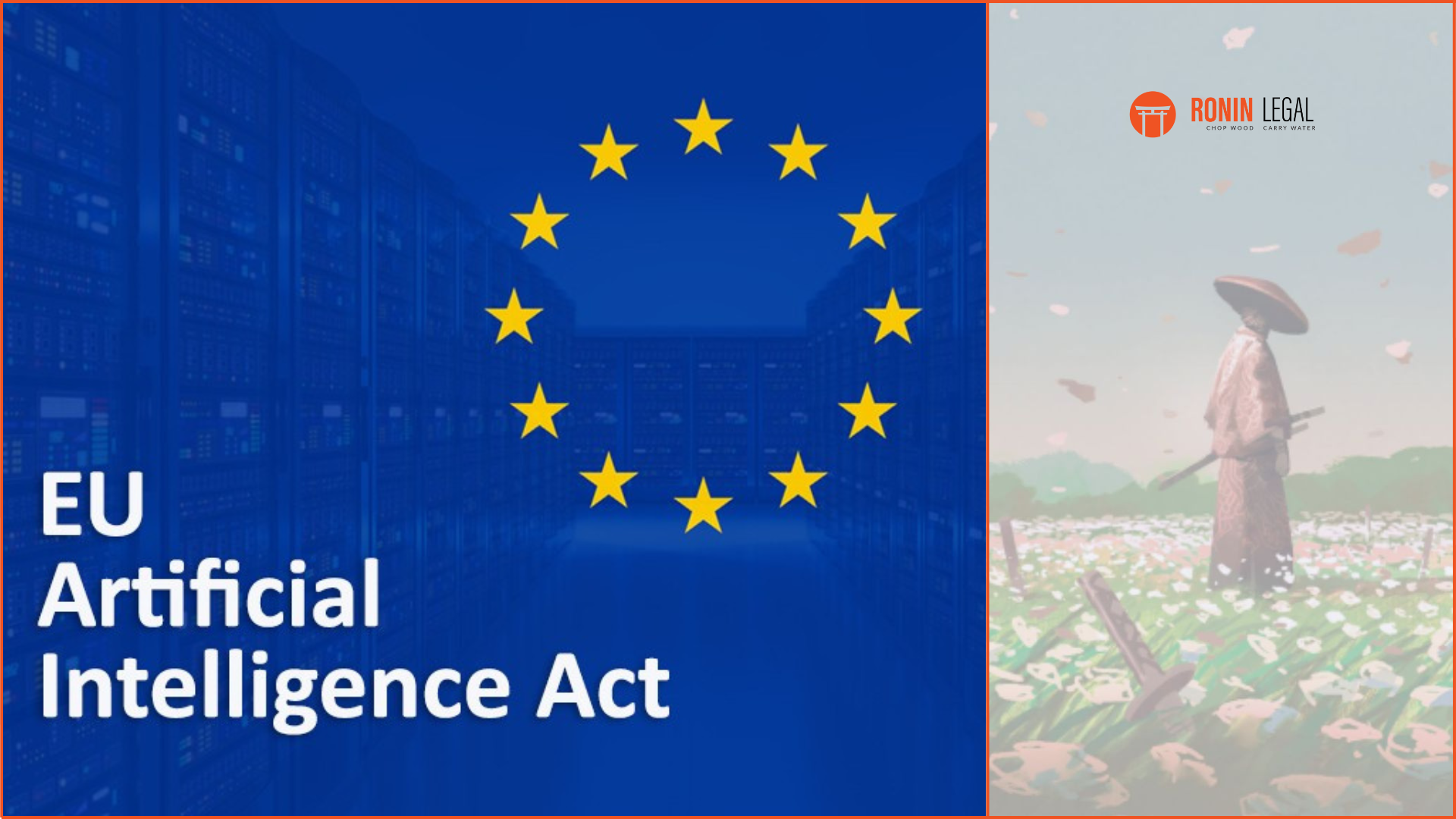Here’s what you’ll find in this fortnight’s AI update:
- Time Magazine names 100 most influential people in Artificial Intelligence
- Microsoft’s New Copilot Copyright Commitment takes responsibility for copyright risks to users
- OpenAI & Microsoft currently facing a class action lawsuit for alleged privacy violations in ChatGPT
- U.S. Senators propose a new Regulatory Framework for AI models, which includes licensing requirements
- U.S. IRS to use AI to track tax frauds in multimillion-dollar partnerships
- X (Formerly Twitter) updates privacy policy causing data collection concerns
TIME MAGAZINE NAMES 100 MOST INFLUENTIAL PEOPLE IN ARTIFICIAL INTELLIGENCE
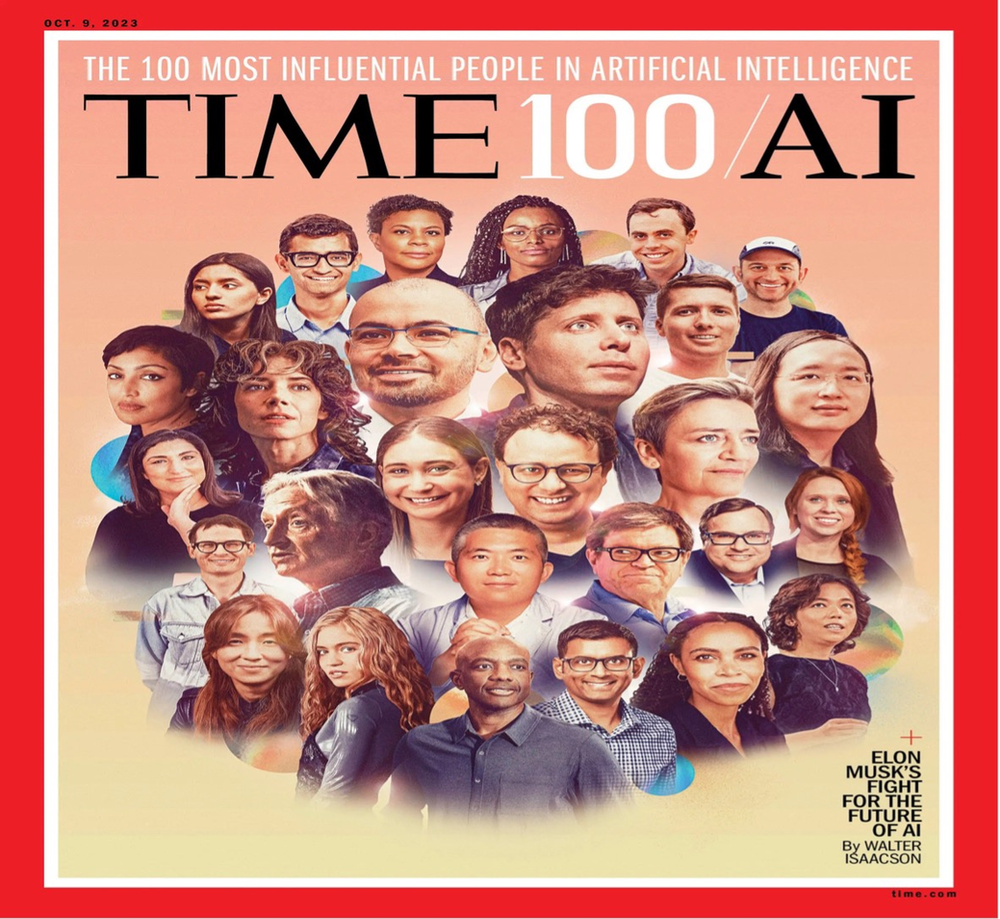 On 7th September, 2023, TIME revealed the ‘TIME100AI’ list, which includes the names of 100 most influential people in Artificial Intelligence. The list includes Sam Altman – (CEO, OpenAI), Elon Musk – (Founder, xAI), Jensen Huang – (CEO, President, and Co-Founder, Nvidia), and Demis Hassabis – (CEO and Co-Founder, Google DeepMind).
On 7th September, 2023, TIME revealed the ‘TIME100AI’ list, which includes the names of 100 most influential people in Artificial Intelligence. The list includes Sam Altman – (CEO, OpenAI), Elon Musk – (Founder, xAI), Jensen Huang – (CEO, President, and Co-Founder, Nvidia), and Demis Hassabis – (CEO and Co-Founder, Google DeepMind).
MICROSOFT’S NEW COPILOT COPYRIGHT COMMITMENT TAKES RESPONSIBILITY FOR COPYRIGHT RISKS BY USE

On 7th September, 2023 Microsoft announced that it will take legal responsibility for copyright claims related to ‘Copilot’ users in case of a third-party suing such users. To qualify for this protection, customers must use the built-in safeguards provided by Microsoft. “Copilot” is a generative AI tool used in various Microsoft applications like Word, Excel, PowerPoint, and more. Microsoft is currently facing a copyright infringement lawsuit in the U.S. District Court Northern District of California, for its subsidiary Github, which uses a similar tool called Github Copilot.
OPENAI & MICROSOFT CURRENTLY FACING A CLASS ACTION LAWSUIT FOR ALLEGED PRIVACY VIOLATIONS IN CHATGPT
On 7th September, 2023, a class-action lawsuit was filed against OpenAI and Microsoft, for allegedly breaking privacy laws for training their AI model, ChatGPT. The suit was filed by two software engineers who claim that ChatGPT was trained on stolen data from millions of internet users. The engineers seek damages and safeguards against further data misuse.
This is the second lawsuit filed against OpenAI and Microsoft alleging breach of data privacy for training ChatGPT. The first class action lawsuit was filed in June, 2023 alleging that OpenAI and Microsoft scrapped the web for personal data to train their GPT models without the consent of the applicants.
U.S. SENATORS PROPOSE A NEW REGULATORY FRAMEWORK FOR AI MODELS, WHICH INCLUDES LICENSING, DISCLOSURE REQUIREMENTS
On 8 September, 2023, a bipartisan group of U.S. Senators proposed a new Regulatory Framework for AI models, which includes advocating for licensing requirements for developing language models like OpenAI’s ChatGPT, and other “high risk” applications. The framework includes disclosure requirements for data used to train such AI models, and calls for people harmed by AI to have the right to take legal action against AI developers. This may affect how tech companies may or may not be allowed to operate under the framework for AI and ML activities. The idea of introducing licensing is gaining popularity. OpenAI CEO Sam Altman, in May, 2023, suggested licensing for AI developers in the Senate.
U.S. IRS TO USE AI TO TRACK TAX FRAUDS IN MULTIMILLION-DOLLAR PARTNERSHIPS
On September 8th, 2023, the Internal Revenue Service announced that it has started using artificial intelligence to investigate tax frauds in multimillion-dollar partnerships. It will use AI to monitor hedge funds, private equity, real estate investors, large law firms and wealthy individuals and corporations for tax evasion. Such AI can use natural language processing techniques to analyse tax laws and regulations, to ensure high compliance and avoid loopholes. This has also created some privacy concerns since IRS may need to process significant amount of personal and financial data.
X (FORMERLY TWITTER) UPDATES PRIVACY POLICY CAUSING DATA COLLECTION CONCERNS

X (Twitter) introduced a new Privacy Policy to be effective on 29th September, 2023. This was done as a consequence of Twitter’s gradual transformation to an ‘everything app’. According to this policy, X shall collect employment and educational history, as well as biometric data. Most importantly the policy also states that all info it collects including publicly available data may be used to train AI and ML models.
Authors: Keshav Singh Rathore, Shruti Gupta, Shantanu Mukherjee





